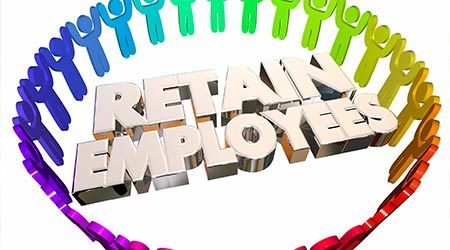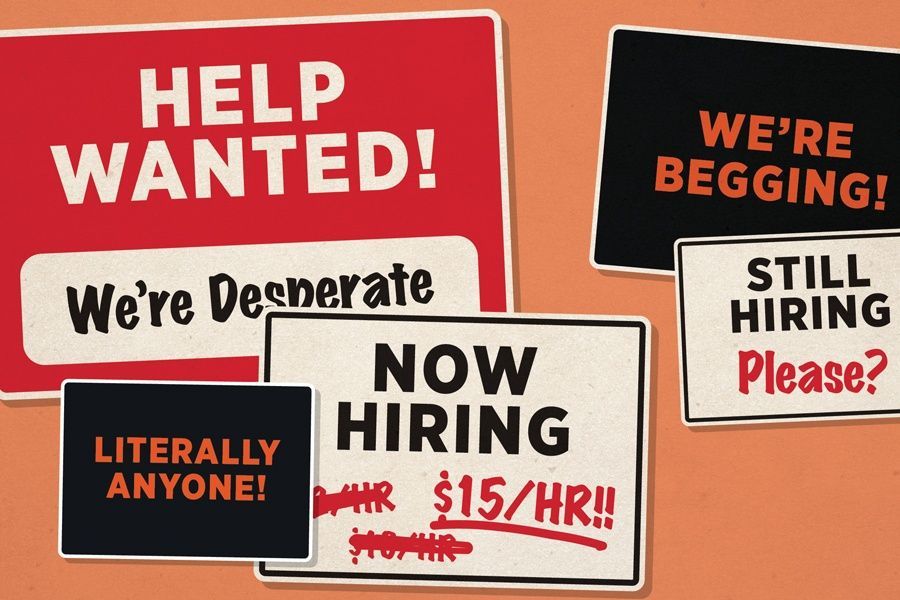Have We Addressed Our Agency’s Mental Health Issues?

December 2022
Have We Addressed Our Agency’s Mental Health Issues?
The 2023 State of Mental Health in America Report reports:
Our youth
· 16% of youth report suffering from at least one major depressive episode in the past year.
· More than 2.7 million youth are experiencing severe major depression
· 60% of youth with major depression do not receive mental health treatment
· 1 in 10 youth with private health insurance do not have coverage for mental or emotional difficulties
Our staff/ Our adult clients
· 21% of adults are experiencing mental illness. That equates to over 50 million adult Americans are experiencing mental illness
· 15% of adults had a substance abuse disorder in the past year. And did not receive treatment
· 4.8% of adults reported serious thoughts of suicide I the past year. That is over 12.1 million American
· 55% of adults with a mental illness received no treatment – over 28 million individuals
· 28% of all adults with a mental illness reported they were not able to receive the treatment they needed
One challenge of our agency’s leadership to set up internal mechanisms to monitor the mental health status of its clients and its staff.
Active mental health issues and active substance abuse issues are key barriers to work performance and to treatment and recovery. It is our ethical need to establish formal internal mechanisms to monitor the mental health status of our staff and clients on a regular basis.
For example, when a client is not making progress who asks, “What are the possible barriers in place that are blocking treatment, including mental health and substance abuse issues?”
For example, who monitors the frequency of employee absence and red flags when there is a repeated pattern of absences?
Our agencies historically focused on client treatment goal achievement, whether it be resolving issues preventing the client from being in a lower level of care or a child or elder clients being sustained in the least restrictive setting possible.
Just as we know mental health issues and substance abuse are barriers to client success in treatment, it is equally true for staff and their success in their job.
This is not an HR issue or a program issue, this is an agency issue. Many agencies in the past few years have continued to function and serve through the Covid years but have not addressed the resulting impact on clients and more importantly for staff. We proudly did our job and continued to serve.
Many agencies have in their strategic plans, employee wellness and employee work-life balance. How do you make this strategic goal an agency operational reality?
When did /will your agency stop and assess the residual trauma and negative impact on your staff?
Have you/ will you with intentionality assessed the mental health status of your staff?
Have you included mental health and substance abuse treatment services in your health plan?
Do you have an EAP with competent mental health professionals for your staff?
As an aside, if you are an agency providing mental health services this could be a new niche to provide EAP mental health services to other agencies.
There has been much written about how our country is becoming more divisive and hateful.
This plays out in the workplace with staff and clients.
It is our job as agency leaders to prevent negativity, hate and trauma from being present in the workplace and negatively impacting staff and client success.
If you are ready to discuss how to do this work, call me.
LEADING FROM OUTSIDE THE BOX is a monthly newsletter for human services leaders.
Its purpose is to challenge your thinking and help you improve organizational and outcome performance.
To receive your copy free, simply email Jeff Bormaster and ask to be added to the mailing list. Feel free to share these newsletters with other human services leaders, simply include the contact information.
You can read previous issues of Leading Outside the Box at www.jeffbormasterconsulting.com/topics










